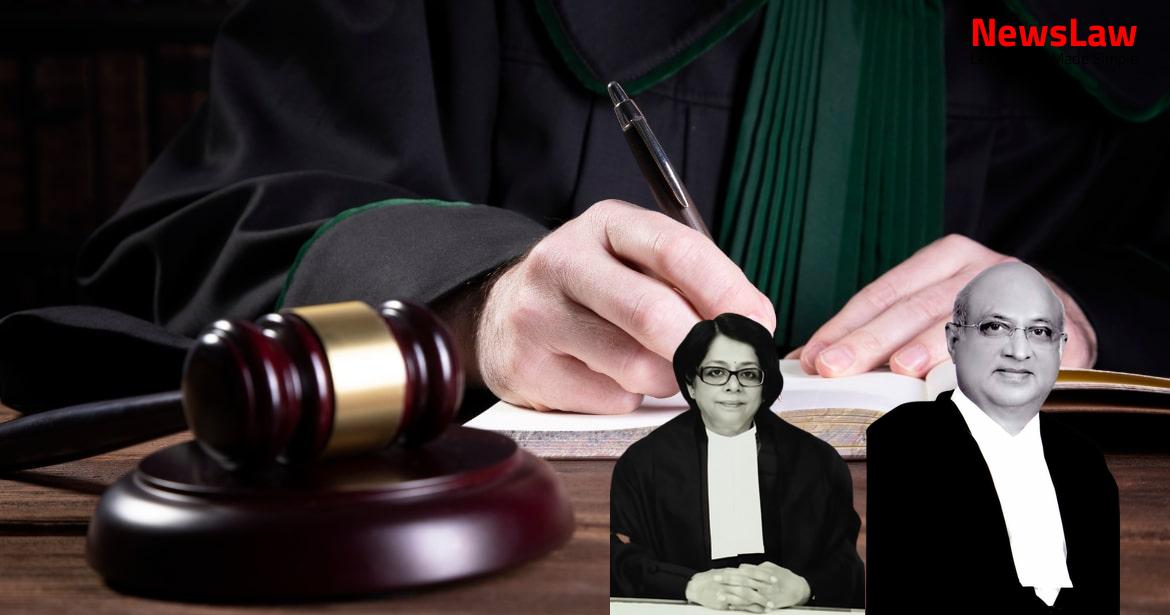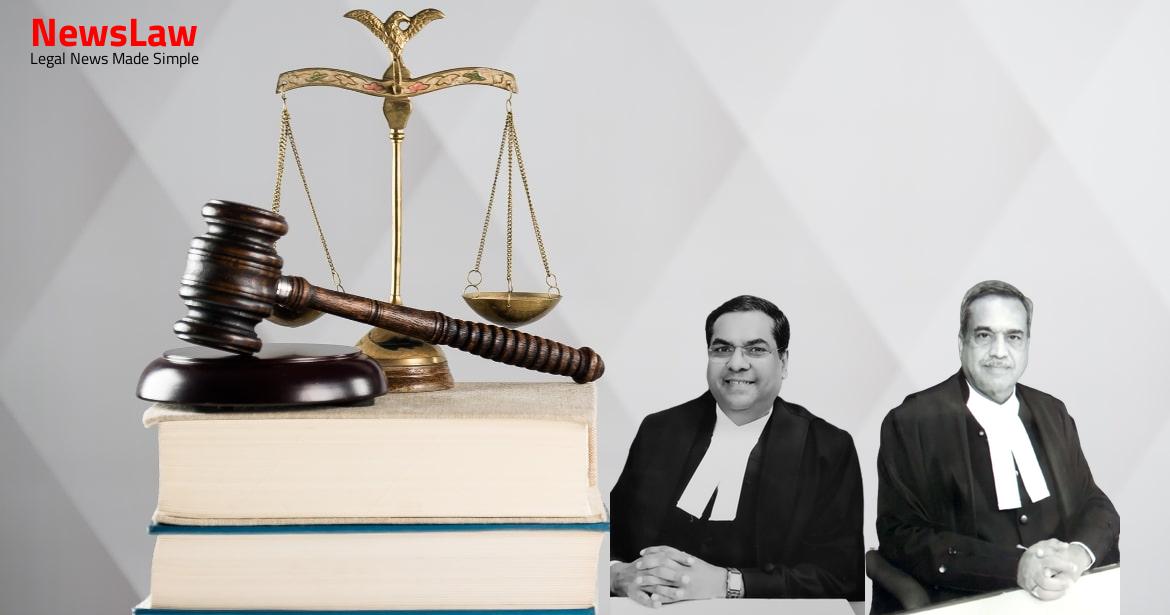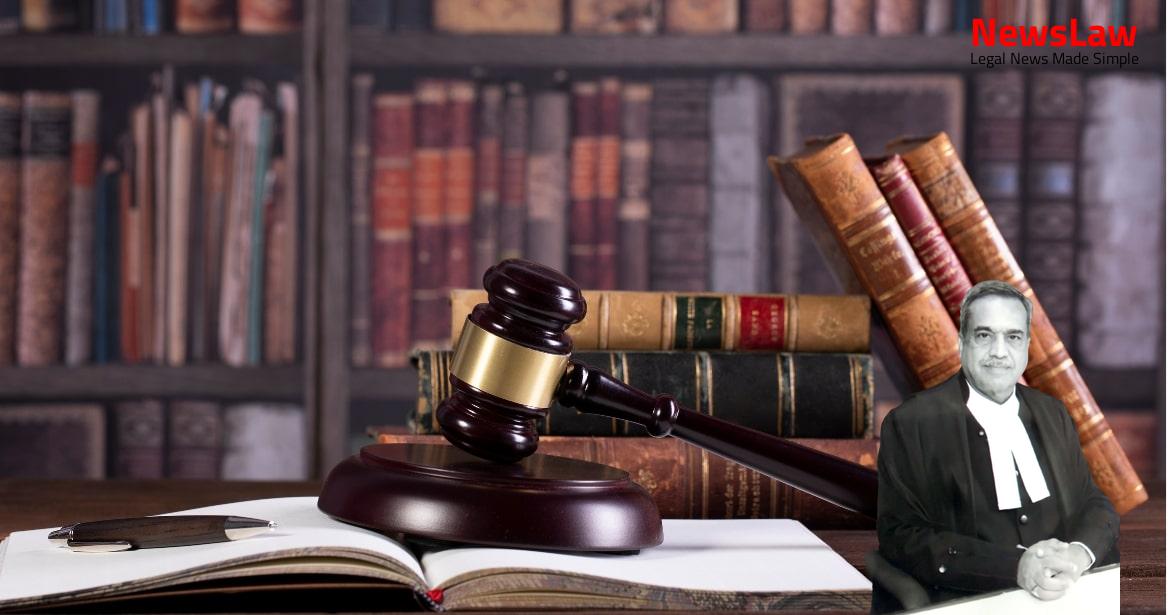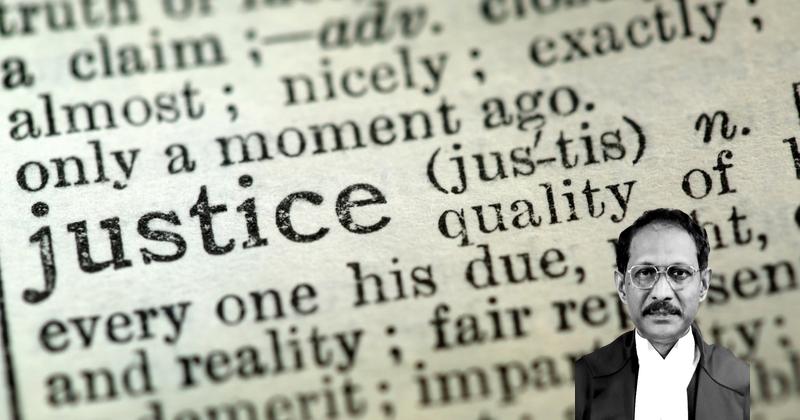Exploring the legal intricacies of land valuation, the Supreme Court of India recently adjudicated on the case involving Union of India and Mithilesh Kumari & Ors. Dive into this significant judgment to understand the complexities of property acquisition regulations and the determination of market value. Discover the implications of this ruling on property rights and compulsory acquisition processes.
Facts
- The appellants entered into an agreement in 1993 to purchase the suit land from Mithilesh Kumari for Rs. 99,84,500.
- Jaipur Development Authority had sold a plot in the area for a higher rate than the agreed price in 1992.
- The Income Tax Department issued a pre-emptive purchase order in 1994 after determining the value of the suit land to be higher than the agreed price.
- The appellants filed a writ petition challenging the order, which was dismissed by the Single Judge and upheld by the High Court.
- The constitutional validity of Chapter XX-C of the Income Tax Act, dealing with compulsory acquisition of property, was upheld by a constitution bench.
- The appellants argued that the valuation was incorrect, considering amenities and market rates of the area.
- The suit land was owned by a firm, including Mithilesh Kumari and Krishna Kumari Roongta.
- The appropriate authority issued a show cause notice to the appellants regarding the agreed price being lower than the actual value.
- Various deductions and adjustments were proposed to determine the value of the suit land.
- The valuation officer inspected the land and submitted a report to the appropriate authority.
- The appeals were disposed of by the Division Bench consisting of Chief Justice S.M. Jha and Justice Mohammad Rafiq on 31.05.2007.
- The Review Court, consisting of Justice R.M. Lodha and Justice Rafiq, dismissed the review petition by a reasoned order dated 24.07.2007.
- The dismissal of the review petition led to the filing of C.A. Nos. 9800-9801/2010 in the Supreme Court by the prospective buyers.
Also Read: Supreme Court Judgement: High Court’s Order Upheld in Case of [Respondent] v. [Petitioner]
Arguments
- The learned counsel for the petitioner argued his case by referring to relevant case laws such as Sahib Singh Kalha & Ors. vs Amritsar Improvement Trust & Ors. (1982) 1 SCC 419, Lal Chand vs Union of India & Anr. (2009) 15 SCC 769, and Executive Engineer, Karnataka Housing Board vs Land Acquisition Officer, Gadag & Ors. (2011) 2 SCC 246.
- These cases were used to support the submissions made by the petitioner’s counsel in the present matter.
- The counsel placed reliance on these decisions to strengthen the arguments in favor of the petitioner.
Also Read: Supreme Court Judgement: Settlement of Dispute after Lok Adalat Award
Analysis
- The appropriate authority examined the condition of existing godowns on the suit land and found them to be in good condition and used for commercial purposes.
- The market value of the suit land was deemed to be 15% higher than the apparent consideration, as established by the factual findings.
- Various factors were considered in the valuation process, including rates notified for stamp duty, adjustments for registration charges and infrastructure provision costs.
- The Division Bench concurred with the reasoning and conclusions of the Single Judge and appropriate authority, upholding the decision for pre-emptive purchase of the suit land.
- Arguments regarding deduction percentages for roads and parks were rejected by the appropriate authority, who calculated land rates based on comparable sale instances.
- Factual foundations in the show cause notice supported the valuation of the suit land, with adjustments made for civic amenities, enhancing market value.
- Relevant rules and norms were applied in the valuation process, with considerations for commercial nature and development potential of the land.
- Judicial bodies at different levels consistently upheld the findings and decision, finding no merit in appeals or review petitions raised by the appellants.
- Amount of consideration can be deposited with the appropriate authority.
- The appropriate authority can order the same on its own motion or upon application by an interested person.
- The interested person must claim to be interested in the deposited amount.
- High Court should not have issued impugned directions related to disbursement of FDR but left it to appropriate authority as per Section 269UG (4) of the Act.
Also Read: Definition of ‘Employee’ Under Section 2(f) of the Act Case
Decision
- The appeal filed by Union of India is allowed to the extent that the directions issued by the High Court are set aside.
- The matter is left open for the appropriate authority to make a decision as required under Section 269UG(4) of the Act.
- The appeal is allowed in part, and a de novo inquiry into the issues is not conducted in an appeal filed under Article 136 of the Constitution.
Case Title: KRISHNA KUMAR RAWAT Vs. UNION OF INDIA
Case Number: C.A. No.-009800-009801 / 2010



